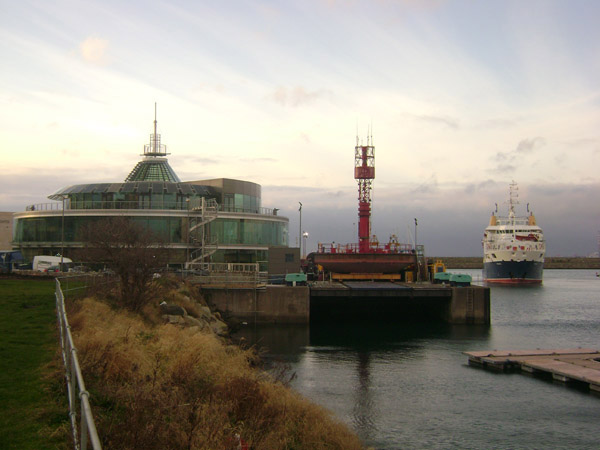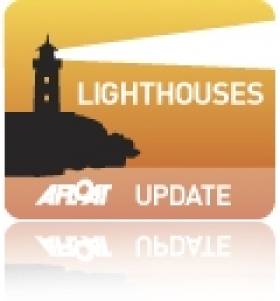Displaying items by tag: ALF Gannet
Crosbie’s Café Lightship Plan Rejected
Dublin City Council told Crosbie that consent for the use of the campshires for the bar had not been agreed to by the board of the Dublin Dockland Development Authority (DDDA), which owns the quays, "and that said permission will not be forthcoming".
Crosbie had received a letter from the then chief executive officer of the DDDA Paul Maloney in December 2008 saying that the authority was willing to let the development go ahead, subject to consent from the authority's executive board.
This permission will not know be forthcoming but the authority does feel that the ship should be used as a bar on the Liffey itself rather than on the campshires.
The Kittiwake has laid idle since 2007 when the vessel was purchased from the Commissioners of Irish Lights. She was the second last lightship to serve in Irish waters. During the 1980's she and several other lightships were converted from manned operation into automatic light-floats or ALF's. To read more about the last Irish lightship ALF Gannet click HERE.
From Last Lightship to Last Lanby
The Commissioners of Irish Lights (CIL) withdrew the Codling Bank Lanby off Arklow on 24 July. This was the last Lanby to serve in Irish waters. The Lanby (Large Automated Navigation Buoy) is essentially a floating circular platform with a tower positioned centrally and fitted with a light to ward off potential dangers to shipping, writes Jehan Ashmore.
The Lanby was replaced with a Type 1 buoy which has a focal in excess of 5 metres and is fitted with a racon and Automatic Identification System (AIS).
Irish Lights aids to navigation tender, ILV Granuaile towed the former Codling Lanby to Dublin. The Lanby was hoisted out of the water and remains high and dry on the quayside awaiting demolition by the Hammond Lane Company. This final Lanby completes the withdrawal of Major Floating Aids to Navigation (MFAs) throughout Irish waters.
Lanbys were first introduced in the 1960s as replacements for lightships on certain stations. The ALF Gannet, the last Irish lightship, which was converted in the mid-1980's into an Automatic Light-Float (ALF) was withdrawn from the South Rock station off Portavogie in February 2009. The ALF Gannet was towed to Dun Laoghaire and laid-up at Carlisle Pier. Earlier this year ALF Gannet was sold and towed to new owners in the UK.
With modern navigating systems coupled with the amount of traffic and the degree of risk, CIL made the decision to withdraw the MFAs and replace them with Type 1 buoys.
The work of maintaining navigational aids is conducted at CIL's joint marine depot and head-quarters at Dun Laoghaire, which was built in 2008. A marine-depot facility did exist previously at the same site while administrative offices were located in Pembroke Street, Dublin.
In June, CIL celebrated its 200th year since establishment in 1810. The authority is entrusted to maintain, service and update all aids to navigation around the entire coastline of Ireland, providing a vital and invaluable service to mariners.
Assides the use of the tender, ILV Granuaile, Irish Lights also operate the tug-buoy tender, Puffin, also based at Dun Laoghaire.

The Codling LANBY at Irish Lights headquarters, Dun Laoghaire in 2009 with tender ILV Granuaile. Photo: Jehan Ashmore/ShipSNAPS






























































